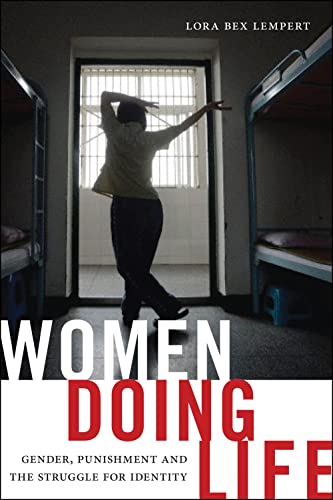Caught Up: Girls, Surveillance, and Wraparound Incarceration (Gender and Justice)
Appliances
Arts, Crafts & Sewing
Automotive
Baby
Beauty
Books
CDs & Vinyl
Collectibles & Fine Arts
Cell Phones & Accessories
Clothing, Shoes & Jewellery
Computers
Electronics
Health & Personal Care
Home & Kitchen
Industrial & Scientific
Luggage & Travel Gear
Musical Instruments
Office Products
Patio, Lawn & Garden
Pet Supplies
Software
Sports & Outdoors
Tools & Home Improvement
Toys
Video Games
















![Middle School: The Worst Years Of My Life [Blu-ray + DVD + Digital HD]](https://images-na.ssl-images-amazon.com/images/I/61MUC0M0YXL._SL160_.jpg)
